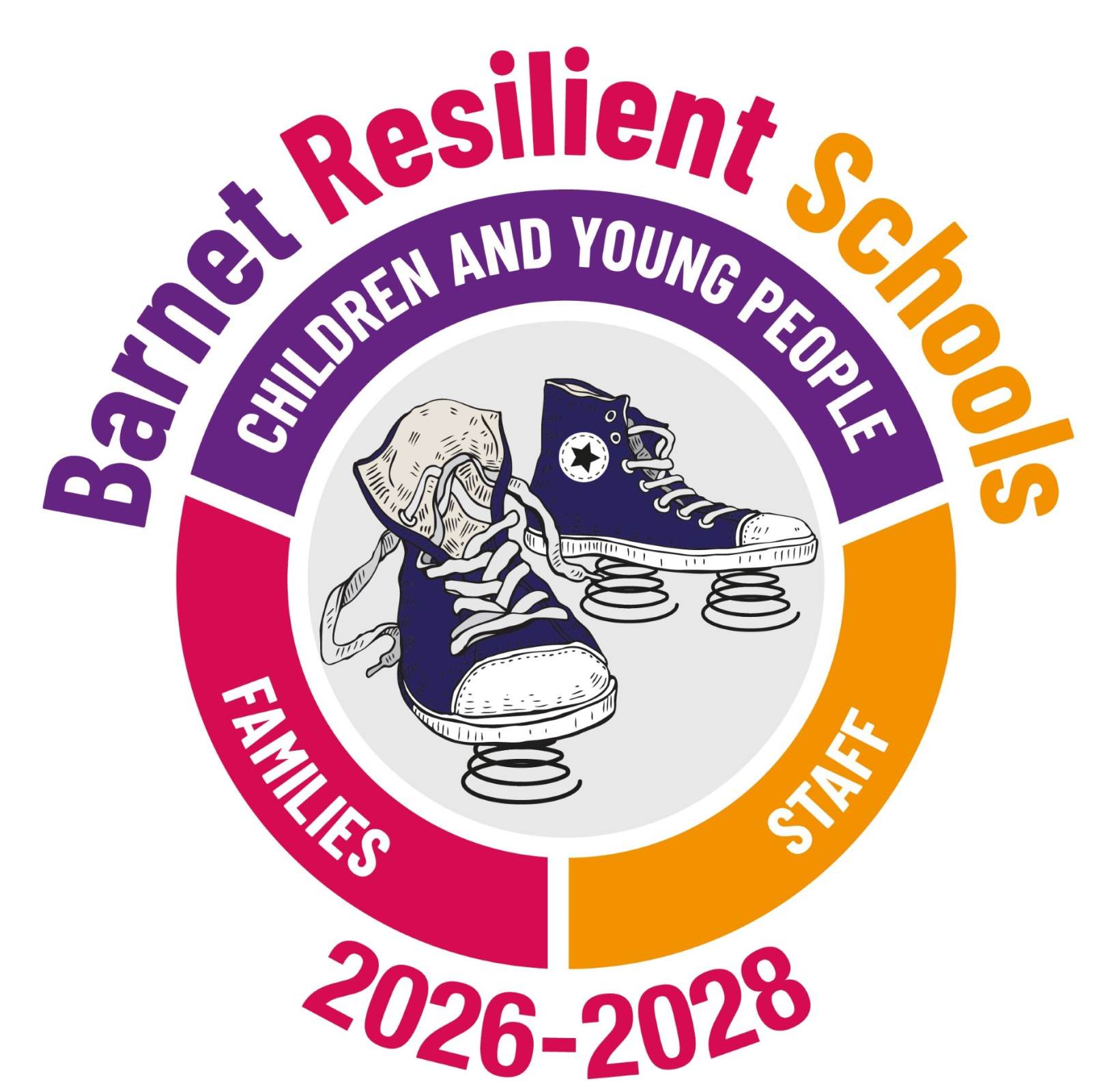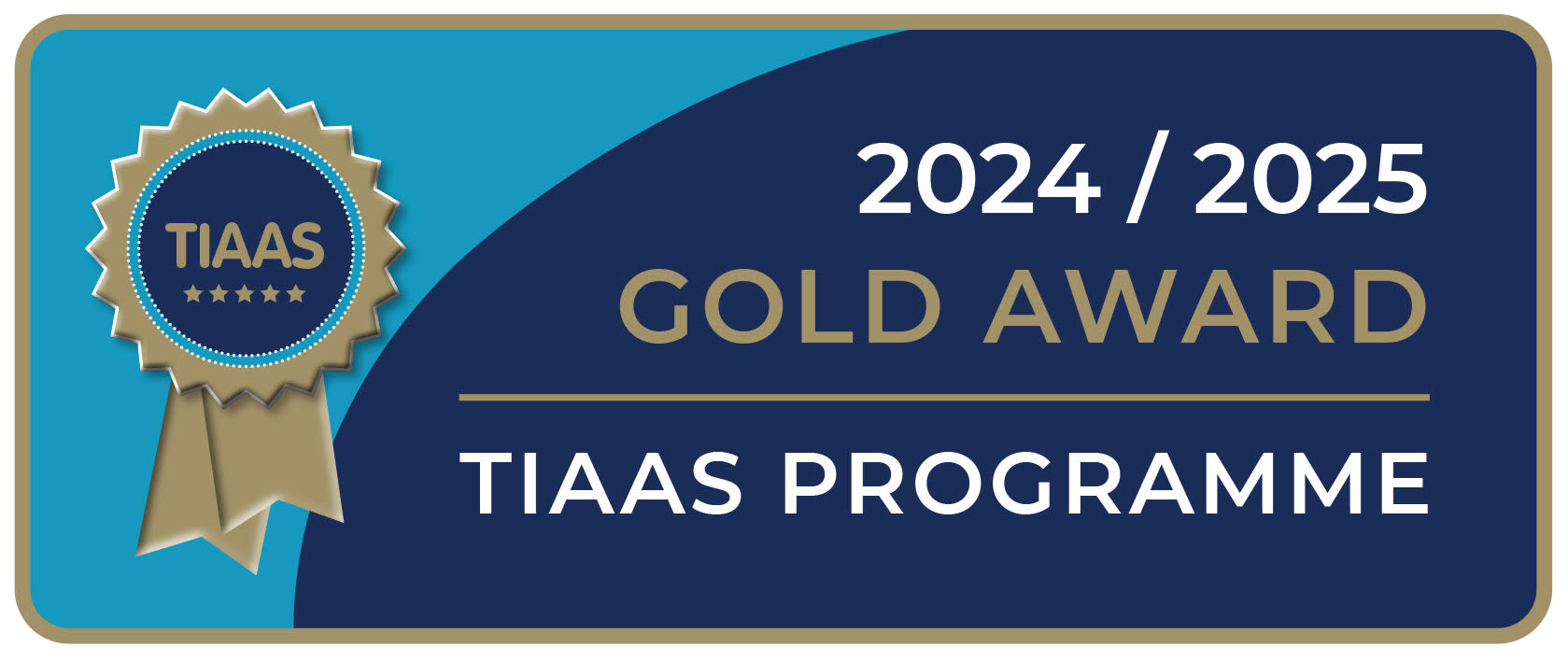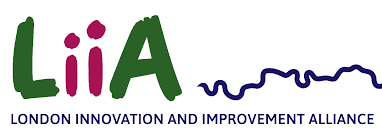Science
 Through our practical and enjoyable curriculum, we aim to inspire and excite our children and foster a thirst for knowledge. We believe that these opportunities will ensure that our children are confident, life-long learners who will explore science around them. Science and Engineering are rapidly growing and important industries in the modern world. Even if children do not become scientists or engineers, they will grow up in a world that requires scientific literacy and critical thinking skills. Science is all around us and helps children to make sense of the world.
Through our practical and enjoyable curriculum, we aim to inspire and excite our children and foster a thirst for knowledge. We believe that these opportunities will ensure that our children are confident, life-long learners who will explore science around them. Science and Engineering are rapidly growing and important industries in the modern world. Even if children do not become scientists or engineers, they will grow up in a world that requires scientific literacy and critical thinking skills. Science is all around us and helps children to make sense of the world.
We intend for children to:
- Develop scientific knowledge and conceptual understanding through the specific disciplines of biology, chemistry and physics.
- Develop understanding of the nature, processes and methods of science through different types of science enquiries that help them to answer scientific questions about the world around them.
- Be equipped with the scientific skills required to understand the uses and implications of science, today and for the future. We understand that it is important for lessons to have a skills-based focus, and that the knowledge can be taught through this.
 At Cromer Road we encourage children to be inquisitive throughout their time at school and beyond. The science curriculum fosters a healthy curiosity in children about our universe and promotes respect for living and non-living things. We believe science encompasses the acquisition of knowledge, concepts, skills and positive attitudes. Throughout the programmes of study, children will acquire and develop the key knowledge that has been identified within each unit and across each year group, as well as the application of scientific skills. We ensure that the Working Scientifically skills are built on and developed throughout children’s time at school so that they can apply their knowledge of science when using equipment, conducting experiments, building arguments and explaining concepts confidently and continue to ask questions and be curious about their surroundings as well as acquiring the key scientific vocabulary to support their understanding and explanations.
At Cromer Road we encourage children to be inquisitive throughout their time at school and beyond. The science curriculum fosters a healthy curiosity in children about our universe and promotes respect for living and non-living things. We believe science encompasses the acquisition of knowledge, concepts, skills and positive attitudes. Throughout the programmes of study, children will acquire and develop the key knowledge that has been identified within each unit and across each year group, as well as the application of scientific skills. We ensure that the Working Scientifically skills are built on and developed throughout children’s time at school so that they can apply their knowledge of science when using equipment, conducting experiments, building arguments and explaining concepts confidently and continue to ask questions and be curious about their surroundings as well as acquiring the key scientific vocabulary to support their understanding and explanations.
Teachers create a positive attitude to science learning within their classrooms and reinforce an expectation that all children are capable of achieving high standards in science. Our whole school approach to the teaching and learning of science involves the following;
- A cycle of lessons for each subject, which carefully plans for progression and depth.
- Problem solving opportunities that allow children to find out for themselves. Children are encouraged to ask their own questions and be given opportunities to use their scientific skills and research to discover the answers. This curiosity is celebrated within the classroom. Planning involves teachers creating engaging lessons, often involving high-quality resources to aid understanding of conceptual knowledge. Teachers use precise questioning in class to test conceptual knowledge and skills, and assess children regularly to identify those children with gaps in learning so that all children make progress.
- Building upon the learning and skill development of the previous years. As the children’s knowledge and understanding increases and they become more proficient in selecting, using scientific equipment, collating and interpreting results, they become increasingly confident in their growing ability to come to conclusions based on real evidence.
- Working Scientifically skills are embedded into lessons to ensure these skills are being developed throughout the children’s school career and new vocabulary and challenging concepts are introduced through direct teaching.
- Demonstrating how to use scientific equipment, and the various Working Scientifically skills in order to embed scientific understanding. Teachers find opportunities to develop children’s understanding of their surroundings by accessing outdoor learning whenever possible.
- Offering a wide range of extra-curricular activities, visits, trips and visitors to complement and broaden the curriculum. These are purposeful and link with the knowledge being taught in class.
- Regular events such as Science Week allow all pupils to come off-timetable, provide broader provision and allow for the acquisition and application of knowledge and skills. These events often involve families and the wider community.
 Through the use of investigations and experiments children are given opportunities to ask and answer their own questions further developing their curiosity and levels of understanding. We focus on the following key seven science skills:
Through the use of investigations and experiments children are given opportunities to ask and answer their own questions further developing their curiosity and levels of understanding. We focus on the following key seven science skills:
- Asking questions
- Making predictions
- Setting up tests
- Observing and measuring
- Recording data
- Interpreting and communicating results
- Evaluating
The areas of study are outlined by the National Curriculum and these have been divided and allocated to Year groups, with specific content to cover.
Science in EYFS
Play underpins the delivery of all the EYFS. Within a secure and challenging environment with effective support children can explore, develop and experiment as they play to help them make sense of the world.
Key Stage One
During Key Stage one, pupils observe, explore and ask questions about living things, materials and the world around them. They begin to work together to collect evidence to help them answer questions, find patterns, classify and group objects, research using a variety of sources, observe changes in their environment over time and carry out fair testing. Pupils use reference materials to find out more about scientific ideas. They share their ideas and communicate them using scientific language, drawings, charts and tables.
Key Stage Two
Children are encouraged to extend the scientific questions that they ask and answer about the world around them. Pupils carry out a range of scientific enquiries including: observations over time, pattern seeking, classifying, grouping and researching using other sources (including computing resources). Children in Key Stage Two learn to plan science investigations by only changing one variable to make it a fair test. They share their ideas and communicate them using scientific language specific to the topic, diagrams, charts, tables and computerised graphing.
 At Cromer Road we recognise the importance of Science and strive to maintain a high profile for the subject within our school. A scientist observes, questions, creates hypotheses, experiments, records data, and then analyses that data. All children can be scientists by following their own natural curiosity, our teachers help to facilitate these skills in order for children to flourish.
At Cromer Road we recognise the importance of Science and strive to maintain a high profile for the subject within our school. A scientist observes, questions, creates hypotheses, experiments, records data, and then analyses that data. All children can be scientists by following their own natural curiosity, our teachers help to facilitate these skills in order for children to flourish.
Science Overview and Key Vocabulary
-
Science curriculum key vocabulary Reception-Y6 docx
download_for_offline
download_for_offlineScience curriculum key vocabulary Reception-Y6 docx
- Science Overview download_for_offline
download_for_offlineScience Overview
- Science Overview download_for_offline











